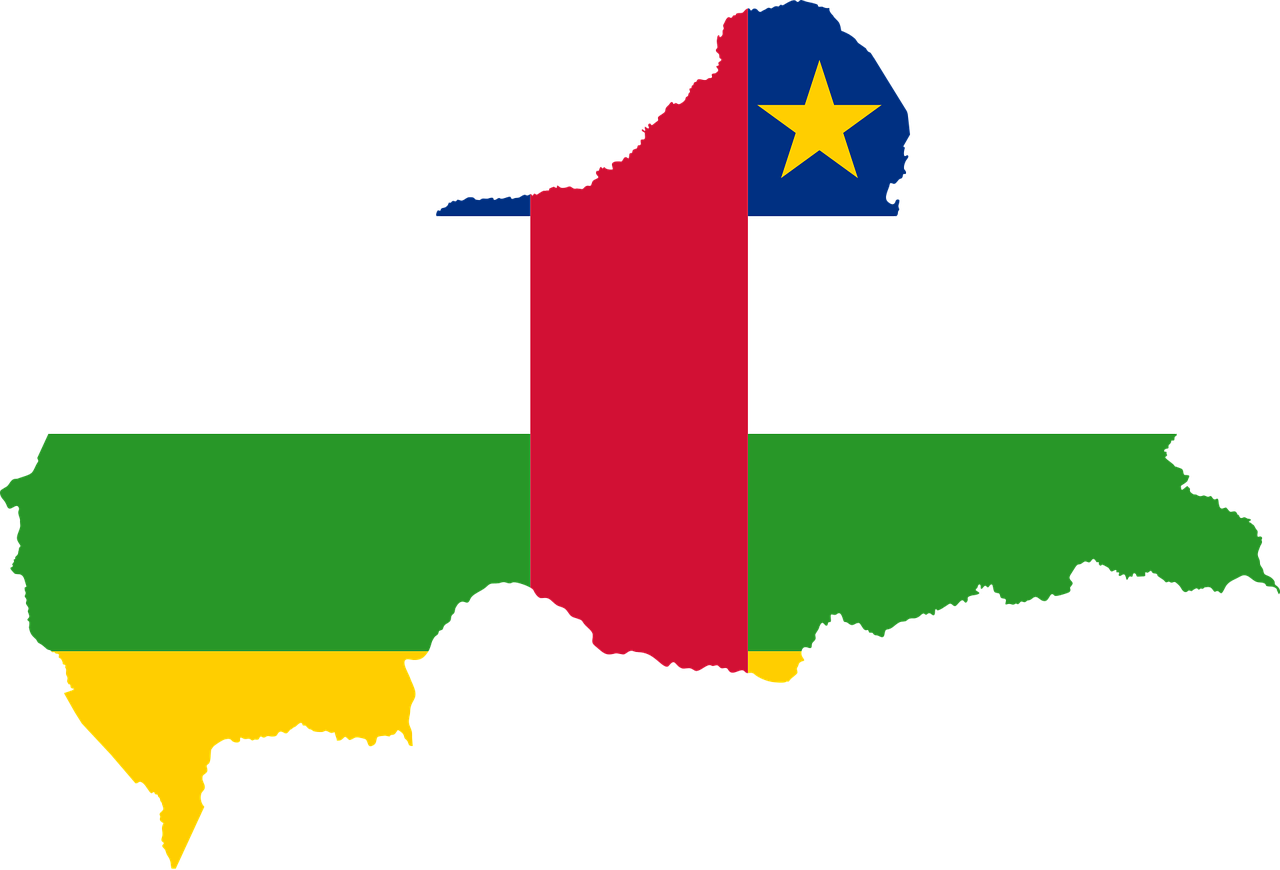Communication & Press Relations in the Central African Republic: Succeeding in a Sensitive Context

Communication & Press Relations in the Central African Republic: Succeeding in a Sensitive Context
Do you want to launch a communication or PR campaign in the Central African Republic (CAR) but lack a local network?
In this country, where political, economic, and security realities strongly influence the dissemination of information, understanding the local context is essential. This guide provides the keys to building an effective, realistic, and context-sensitive PR strategy.
1. General Context: Instability and Resilience
The Central African Republic, located in the heart of Africa, has approximately 6 million inhabitants and shares borders with Chad, Sudan, Cameroon, the DRC, and Congo-Brazzaville.
Official languages: French and Sango, with other national languages spoken in the provinces.
The country is still marked by political tensions and armed conflicts, which weaken infrastructure, yet the population maintains a strong demand for information, particularly in Bangui.
The High Council for Communication (HCC) regulates the sector, but press freedom remains fragile, and journalists often face pressures.
2. Media Landscape: Radio Leads, Limited Internet
In CAR, radio is the king of media, able to reach the majority of the population, even in rural areas.
Other channels are less accessible or influential:
Print Media: Limited circulation, local influence, often politicized.
Television: Present but concentrated in Bangui, mainly institutional content.
Internet: Urban use, low national penetration.
Key takeaway: For a national message, radio remains the most effective channel.
3. Key Media to Target
Influential Radios
Radio Ndeke Luka – the most widely followed nationally
Radio Centrafrique (official)
Radio Notre Dame, Radio Néhémie, Voix de la Grâce
Print Media
Le Confident
Ndjoni Sango
Le Citoyen
Be Afrika
La Centrafrique Presse
Television
TVCA (public)
Vision 4TV
Bahila TV
4. Specific Features of PR in CAR
No guaranteed free dissemination: better to contextualize and provide editorial content.
Per diem common: fees for transport, participation, or coverage.
Direct contact preferred: calls, meetings, local intermediaries rather than impersonal emails.
Few structured PR agencies: working with a local correspondent or fixer is often more effective.
Concentration in Bangui: few media outlets in the provinces.
5. Recommendations for a Successful PR Campaign
Prioritize radio for rapid national impact.
Collaborate with a local intermediary for credibility and efficiency.
Plan a budget for per diem and sponsored content.
Build strong relationships: personalize each contact and maintain regular follow-ups.
Adapt tone and content to the political and cultural context.
Similar articles
Loading similar posts...
Subscribe to our Newsletter
Don't miss anything! Subscribe to our newsletter to receive the latest articles, tips, and news directly in your inbox.